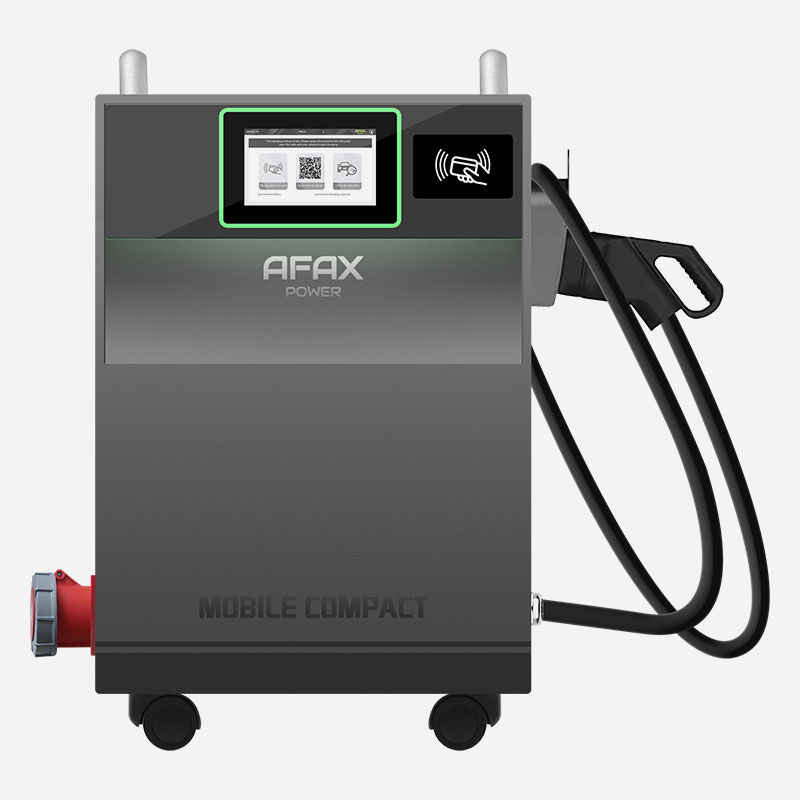The CCS Revolution: Powering the Future of EV Charging Stations
- afaxpower5
- Oct 29, 2024
- 2 min read
As electric vehicles (EVs) continue to gain traction worldwide, the charging infrastructure is evolving to meet growing demands. A significant development in this realm is the transition from CCS1 to CCS2 connectors at EV charger stations. This shift represents a leap forward in charging technology, promising faster charging times and improved compatibility across various EV models.
CCS, or Combined Charging System, has become the go-to standard for EV charging. The move from CCS1 to CCS2 brings several advantages to the table. CCS2 connectors support both AC and DC charging, allowing for greater flexibility and efficiency. This dual capability means that a single port can handle various charging speeds, from overnight trickle charging to rapid DC fast charging.

EV charger stations equipped with CCS2 technology are popping up across cities and highways, creating a more robust charging network. These stations can deliver higher power outputs, with some capable of charging at rates up to 350 kW. This translates to significantly reduced charging times, addressing one of the primary concerns of EV adoption - range anxiety.
The standardization of CCS2 also promotes interoperability between different EV brands and charging station manufacturers. This universal approach simplifies the charging process for EV owners, who can now use a wider range of charging stations without compatibility issues.
For those interested in staying ahead of the curve in EV charging technology, www.afaxpower.com offers cutting-edge charging solutions. Their range of products includes state-of-the-art CCS2 chargers designed to meet the evolving needs of EV owners and charging station operators alike.
As we move towards a more sustainable future, the transition from CCS1 to CCS2 at EV charger stations marks a significant milestone. It not only enhances the charging experience for current EV owners but also paves the way for wider EV adoption, contributing to a greener and more efficient transportation ecosystem.




Comments